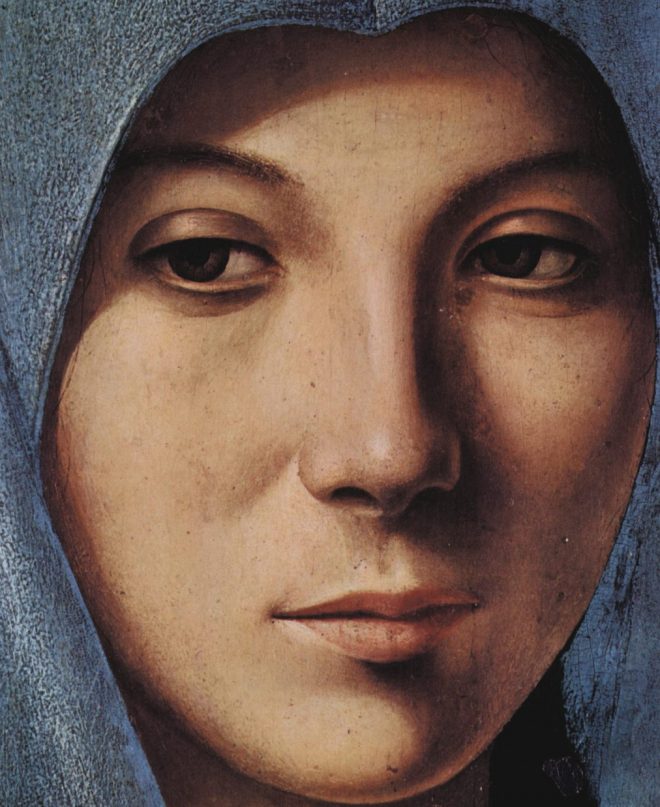You were born original, do not live as a photocopy: a novel that invites us to change our gaze to the higher
“We are all born original, but many die as photocopies”: so the young Carlo Acutis, who died of leukemia in 2006 and was proclaimed servant of God in 2016, explains how many young people, instead of making use of their own unique gifts, using them to serve others, they give into a consumerist mentality that ends up numbing them.
“Each of us has received talents, – insists Carlo – but not everyone is aware of it”.
The beauty of discovering one’s gifts and using them fruitfully
Francesco is 20 years old, he studies engineering, is very clever and intelligent, but superficial and not interested in cultivating authentic relationships: he does not take care of his family or friends and he goes out with girls without committing himself.
He does not feel the need to give a direction to his existence (also because he believes that a direction does not exist) and spends his days worrying only about what gives him immediate gratification.
In all the booze, smoke, and alcohol he sees everything that a young man of his age could possibly desire in order to feel good.
The only true passion of Francesco is soccer, and it will be his love for this sport that leads him to a crossroad that puts into question his way of life.
In a seemingly random manner, in fact, just following a “singular” match, he gets to know the story of Carlo Acutis. Thanks to him, the protagonist will begin to ask questions of meaning that until that moment he had carefully avoided, questions that will lead him to face a complex, adventurous and painful inner journey…
This is the plot of the novel You are born original, do not live as a photocopy (Mimep Docete Publishing House, price €10, already available online and in bookstores).
The book, written by Cecilia Galatolo, also author of I did not know, but I was waiting for you, proposes a journey of the discovery of a weary soul, but that, like many
others, is still sensitive to the desire for authentic happiness.
To be happy? A possible undertaking
“And I, am I happy?”, Francesco asks himself, shaken by the example of Carlo.
The negative response to this question will be the premise of the transformation of the young protagonist.
The brilliant life of Carlo will be, in fact, the first moment that leads Francesco to get angry with him, because he sees it as a kind of mirror, in which all his unhappiness is reflected; subsequently, however, he will decide to follow in his footsteps.
The account, written with the intention of making young people aware of the profound life of faith of the young Servant of God, for whom the beatification process is taking place, shows how holiness is not only desirable, but also possible, in daily life and above all that it is the way to find true joy.
As Carlo teaches, to be happy, it is enough to move one’s gaze from himself to God, from the low to the high. It may seem complicated, he says, instead “a simple movement of the eyes is enough”.















